#playas de españa
Explore tagged Tumblr posts
Text
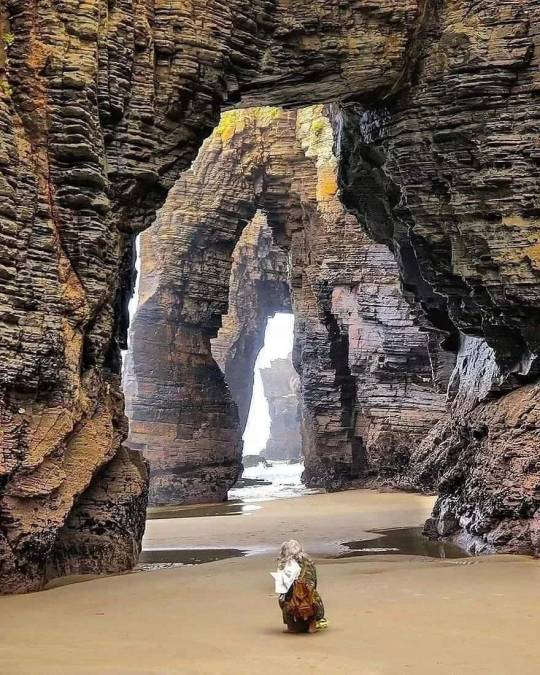
PLAYA DE LAS CATEDRALES - ESPAÑA
#playa de las catedrales#as catedrais beach#praia das catedrais#ribadeo#lugo#cantabria#costa#galicia#españa#spain#europe#europa
168 notes
·
View notes
Text

Atardecer en la playa de la Barrosa, Chiclana de la frontera, Cádiz, España.
Agosto 2023
Foto: ©️PaCountry
57 notes
·
View notes
Video
TENERIFE-ARTE-PINTURA-ACUARELAS-PLAYA-CANDELARIA-SANTA CRUZ DE TENERIFE-ISLAS CANARIAS-ARENA-NEGRA-VOLCANICA-MAR-ARTISTA-PINTOR-ERNEST DESCALS por Ernest Descals Por Flickr: TENERIFE-ARTE-PINTURA-ACUARELAS-PLAYA-CANDELARIA-SANTA CRUZ DE TENERIFE-ISLAS CANARIAS-ARENA-NEGRA-VOLCANICA-MAR-ARTISTA-PINTOR-ERNEST DESCALS Pintura con acuarelas de la playa de LA CANDELARIA en SANTA CRUZ DE TENERIFE, paisaje marinero con la arena volcánica y negra en primer término, las olas del oceano Atlántico y la franja de edicicios que están situados junto a la carretera, la mayoría hoteles y bloques de apatramentos para el turismo que visita las Islas Canarias en España. Acuarela que busca la simplicidad y la profundidad paisajista, obras del artista pintor y acuarelista Ernest Descals en los viajes para Pintar y vivir nuevas experiencias que traslado al arte de la Plástica en esencias de los lugares pintados.
#APARTAMENTOS#EDIFICIOS#HOTELES#PAISAJE#PAISAJES#PAISAJISMO#PAISAJISTA#LA CANDELARIA#TENERIFE#SANTA CRUZ DE TENERIFE#ISLAS CANARIAS#ESPAÑA#SPAIN#PLAYA#PLAYAS#BEACH#OCEANO#ATLANTICO#OLAS#PROFUNDIDAD#ARENA VOLCANICA#ARENA NEGRA#SIMPLICITY#ART#ARTE#ARTWORK#PLASTICA#LANDSCAPE#LANDSCAPING#ACUARELA
3 notes
·
View notes
Text









Palma Nova, Mallorca
#simajviews#nature#palma#palma de mallorca#mallorca#españa#playa#mediterranean#sea#vitamin sea#sea side#visit mallorca#white sands#beachlife#beach
2 notes
·
View notes
Text
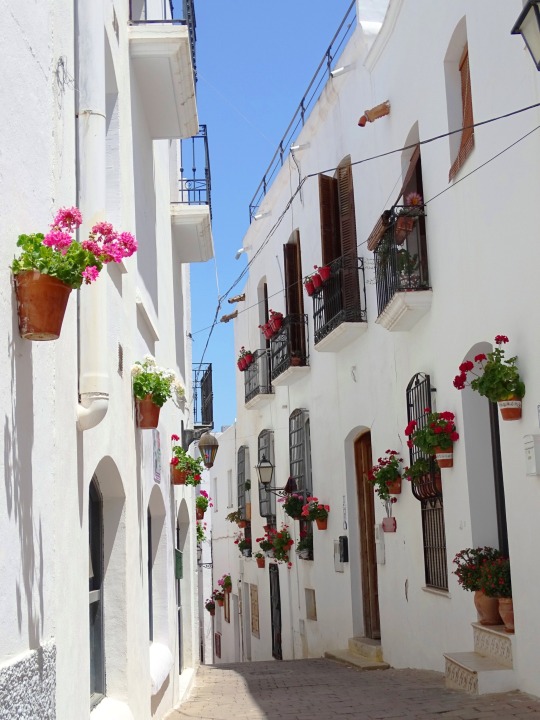
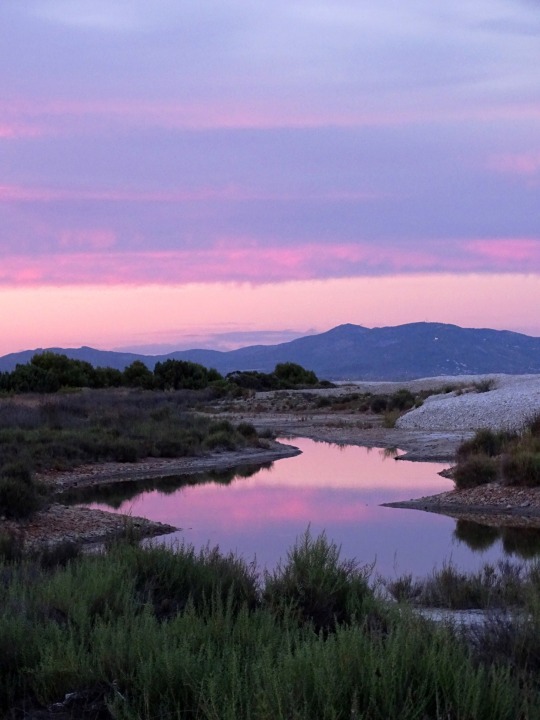
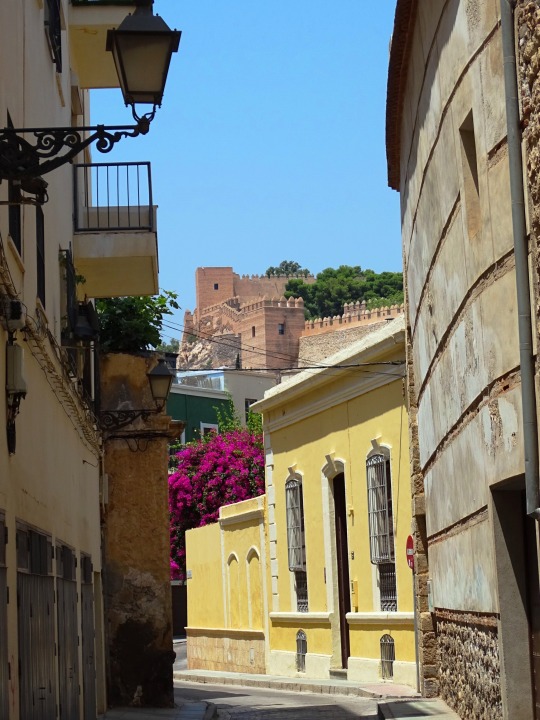
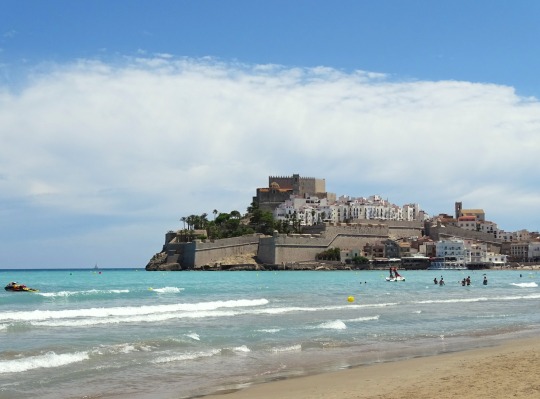
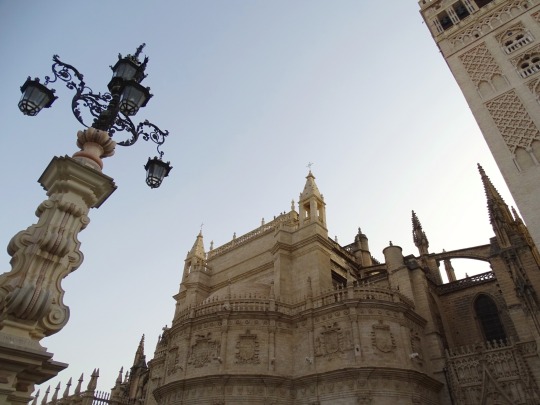
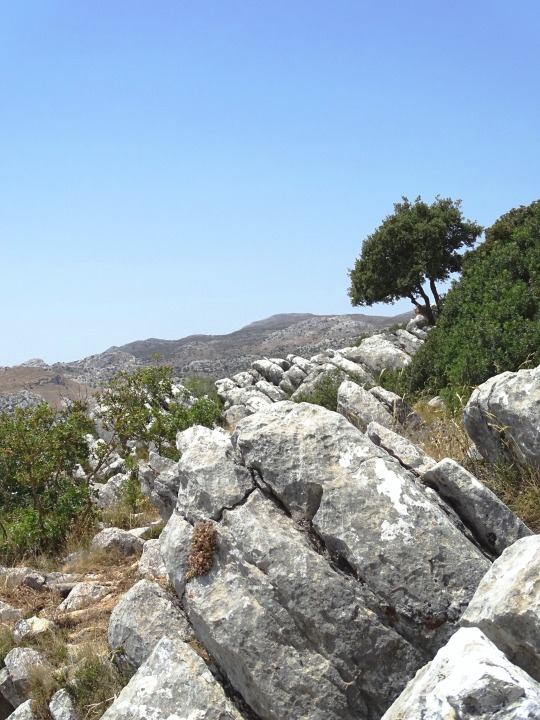
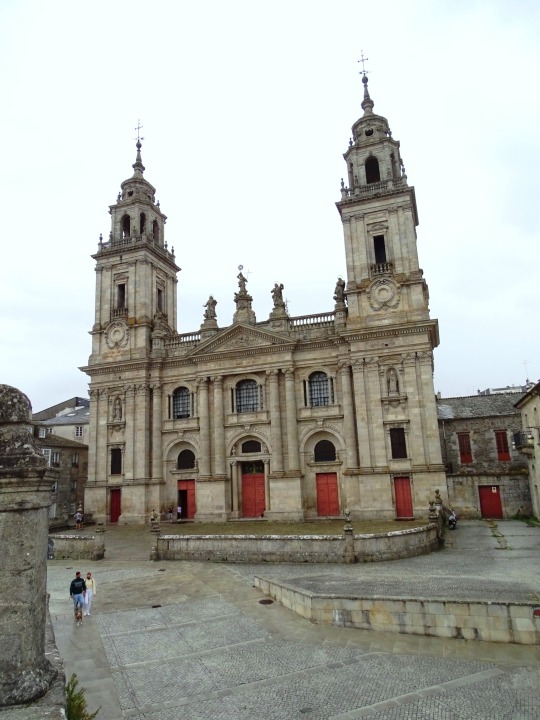
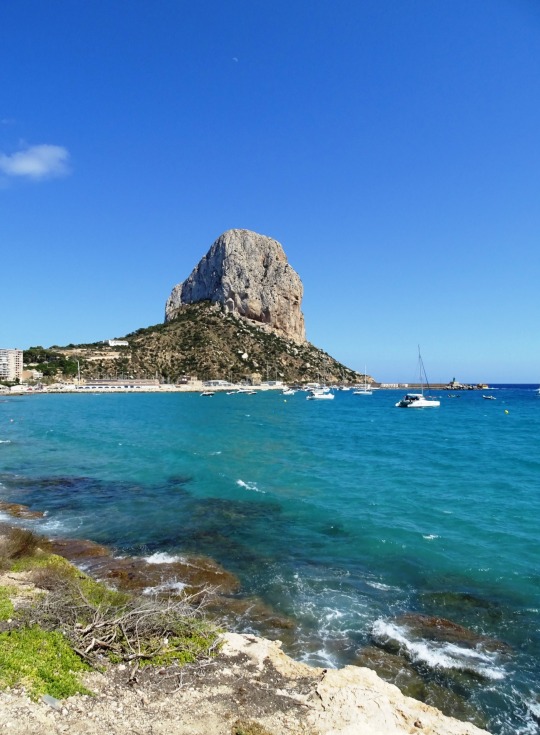
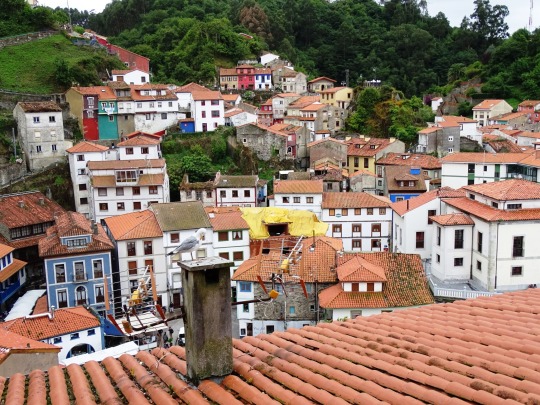
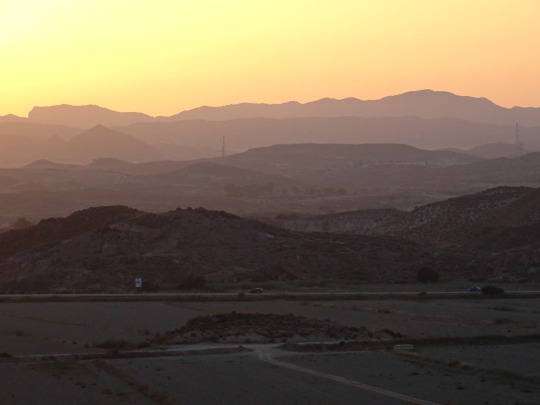
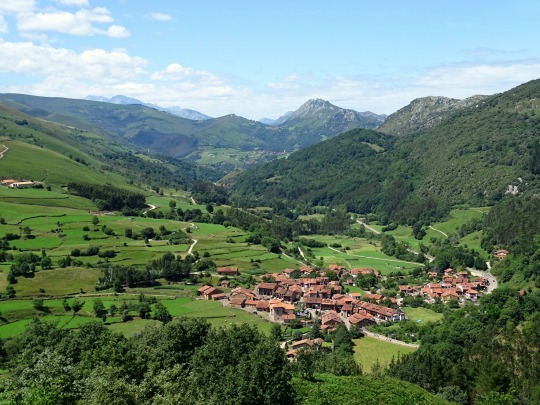
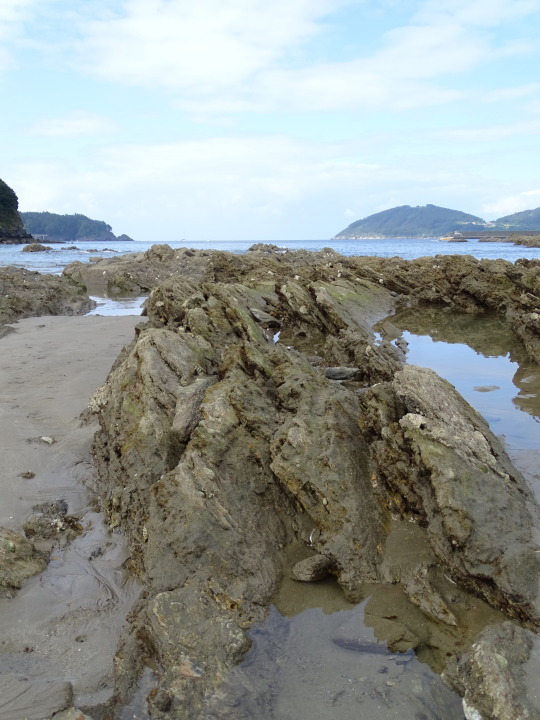
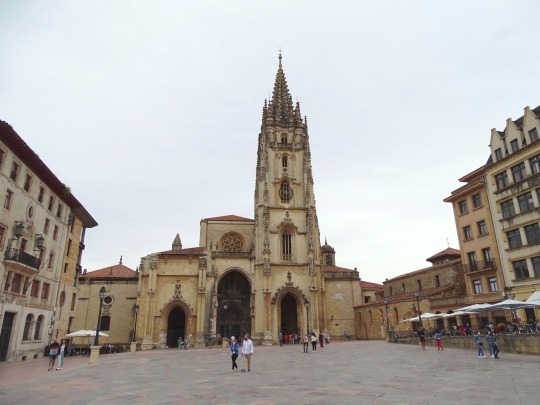
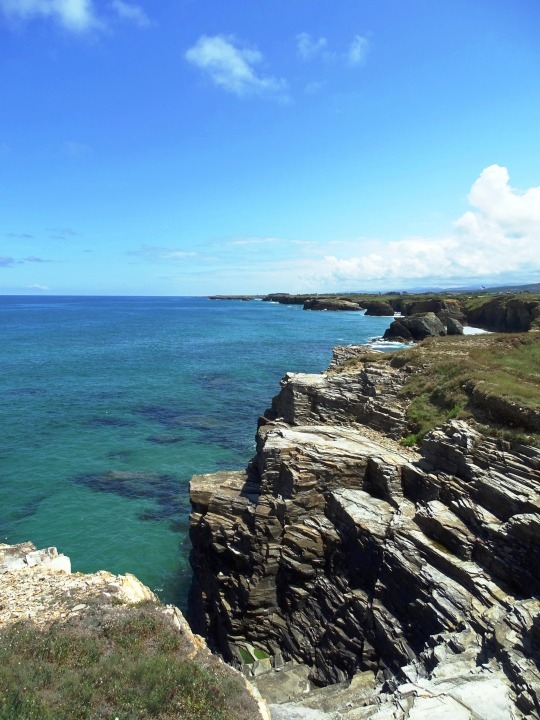
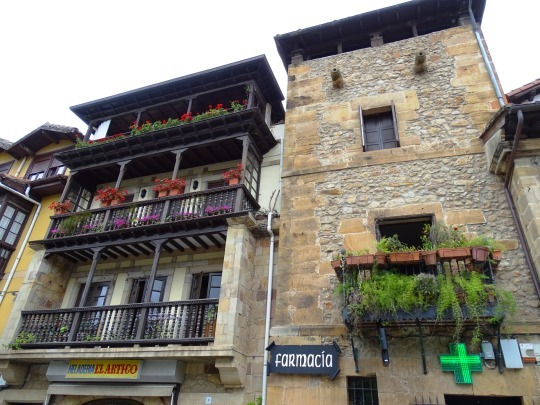
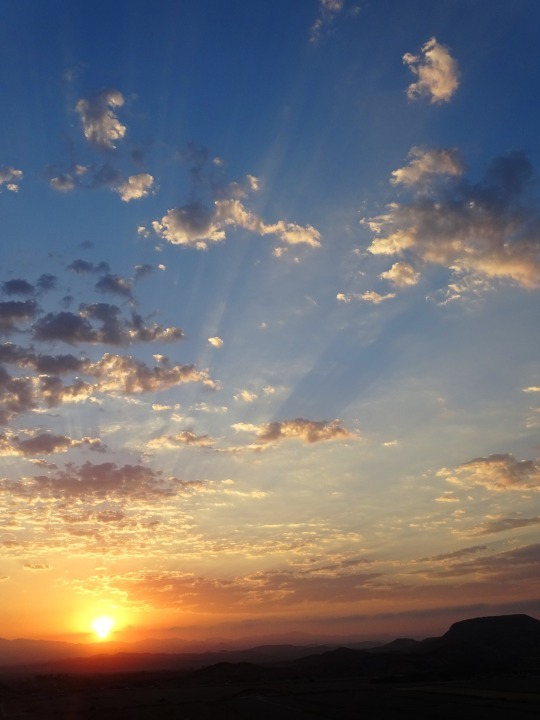
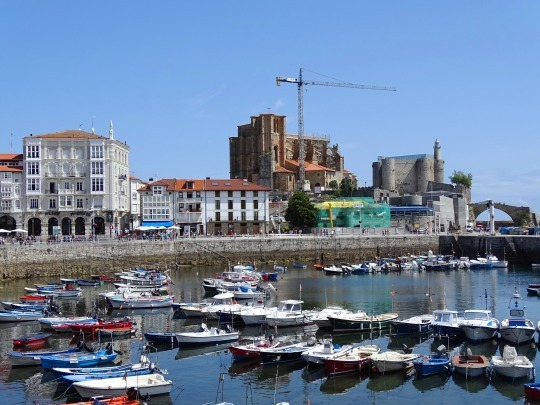
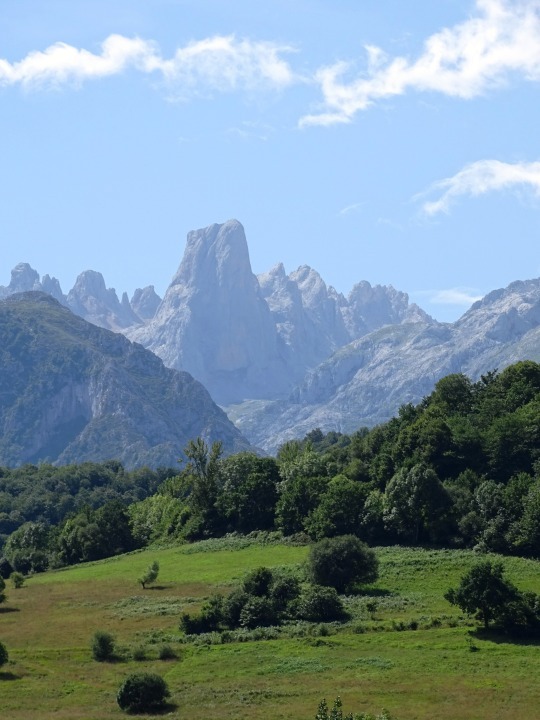
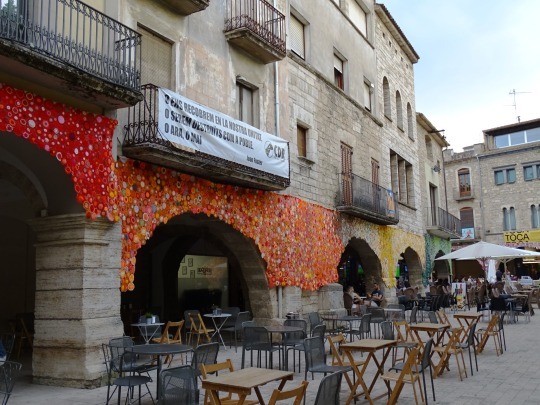
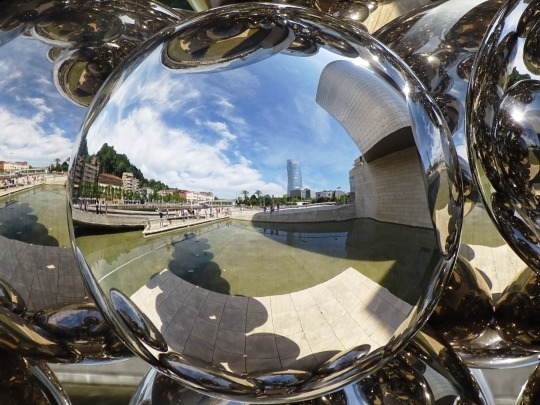
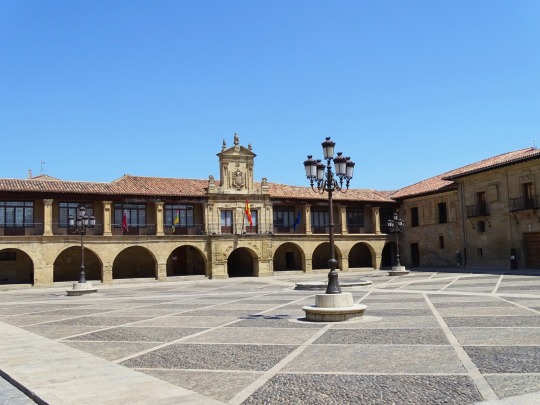
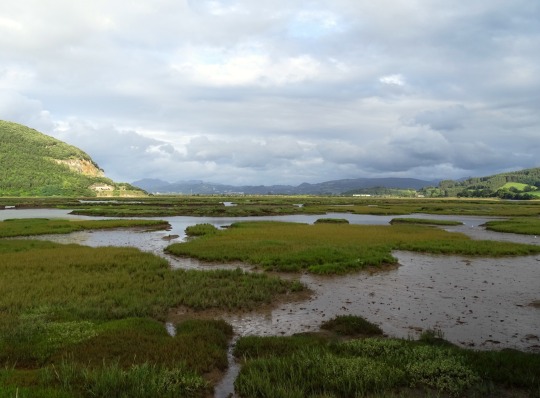
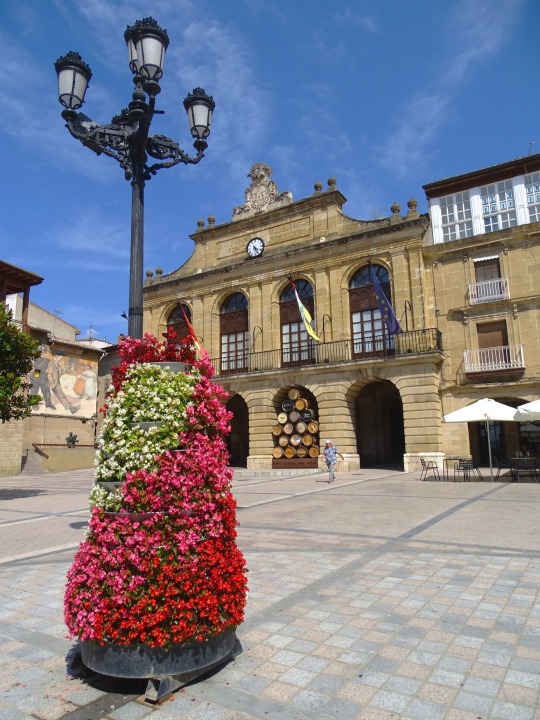
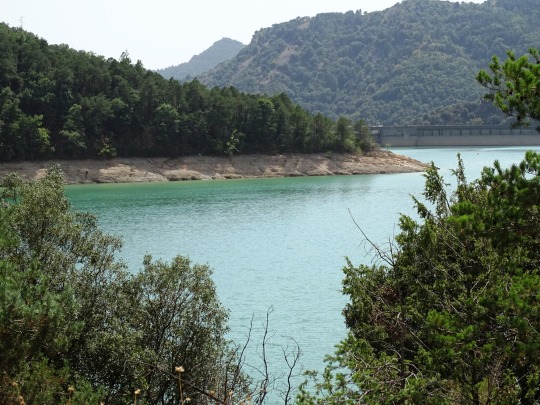
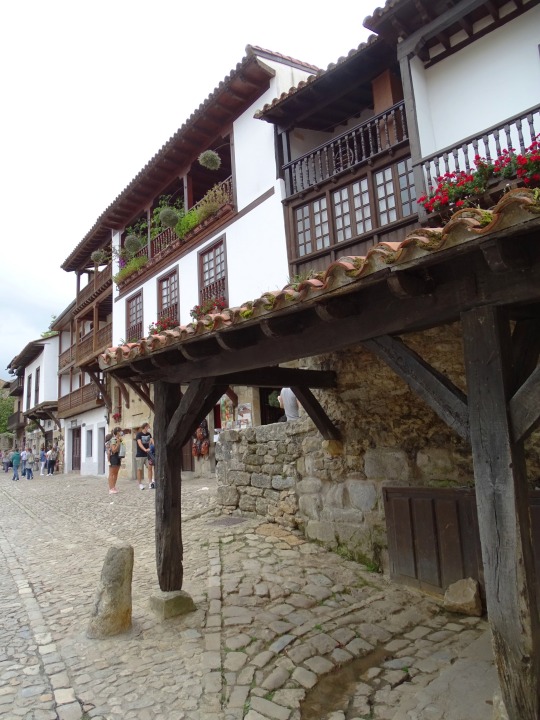
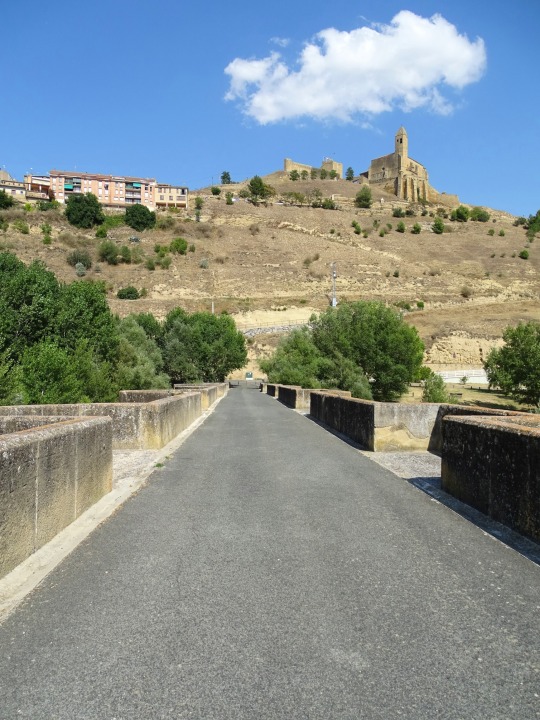
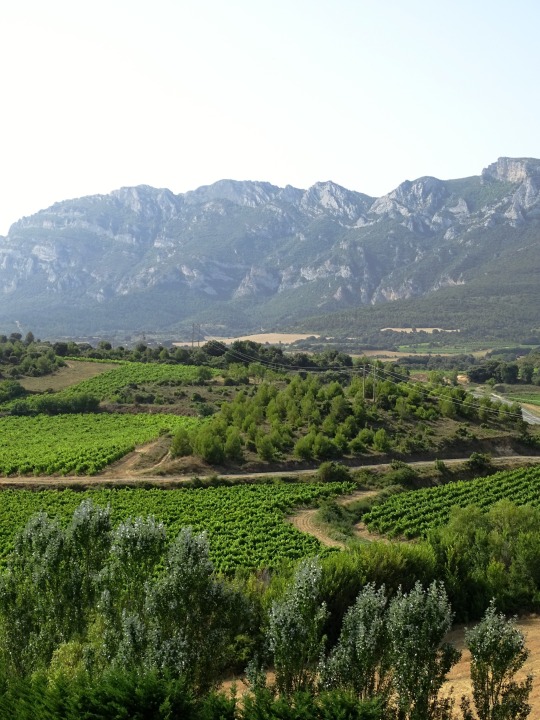
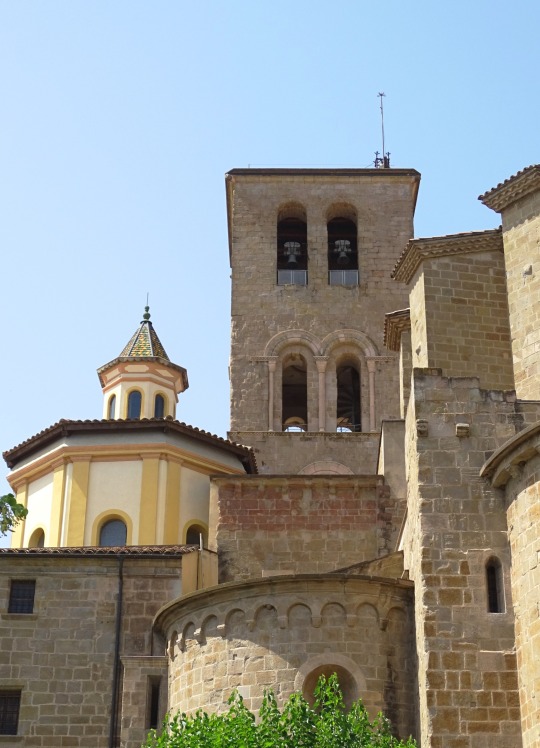
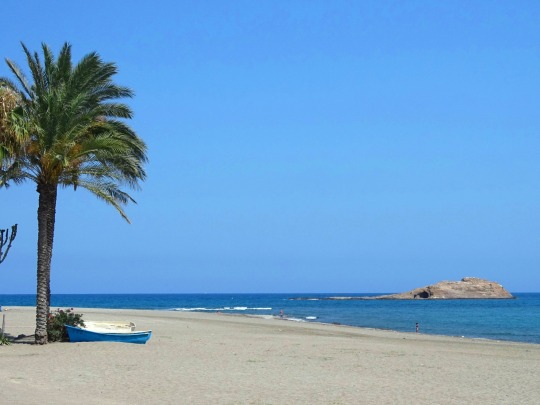
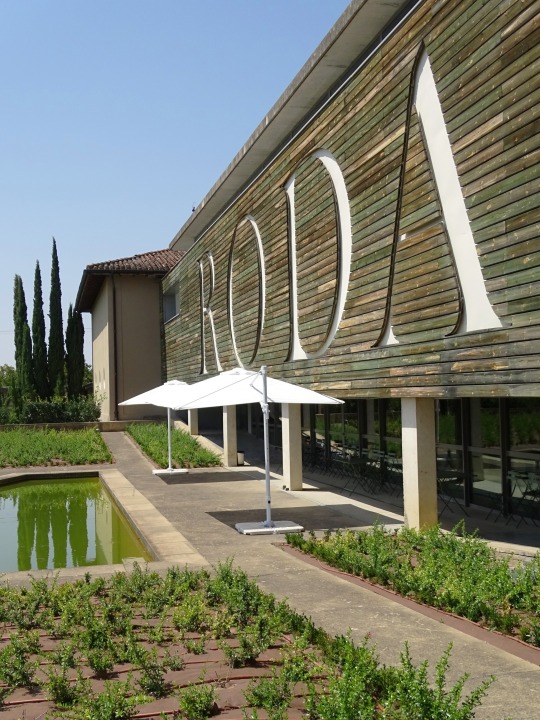
Hispanic Day
Hispanic Day is celebrated every October 12 to mark Christopher Columbus’ first landfall in the Americas. Did you know that Columbus was seeking a direct route to Asia when he discovered the Americas? Spain Hispanic Day, also known as Fiesta Nacional de España or Día de la Hispanidad, is an official holiday in most Hispanic America under different names. All government administrative buildings and offices, banks, and stores are closed for the day. The day shines a light on Spanish identity and heritage — the bond between the old European country and Spanish-speaking Latin America. Learn about the historical significance of this day in Spain.
History of Hispanic Day
Christopher Columbus’ discovery of the Americas significantly changed the continent and Europe, making Spain the first modern superpower and shaping the Americas’ ethnic, cultural, and political landscapes. Columbus’ first voyage to the New World began on the evening of August 3, 1492. He left the harbor of Palos de la Frontera with three ships: Santa Maria, the Pinta, and the Niña, with Christopher Columbus traveling on the first ship.
On October 12, 1492, the crew on the Pinta sighted land and informed Columbus. Then, Columbus and his men landed on an island and were received by the indigenous Arawak people. He later named the island San Salvador, though it was called Guanahani by the locals. He also referred to the indigenous people as Los Indios, creating a generalized term that will be used to describe the indigenous people of North, Central, and South America.
Columbus later continued his voyage, exploring northeast of Cuba and the northern coast of Hispaniola. In December of that year, Columbus founded the settlement of La Navidad in present-day Haiti and left 39 men there, after the permission of the local chief. On March 15, 1493, Columbus arrived in Spain with native prisoners. His discoveries were received with great celebration and quickly spread across Europe.
On September 24, 1493, Columbus set sail for the New World with 17 ships and about 1,500 men. During this voyage, he encountered the islands of Dominica, Maria-Galante, Montserrat, Antigua, the Virgin Islands, and more. In November 1493, he returned to Hispaniola and established a temporary settlement in La Isabela, present-day Dominican Republic.
The Spanish settlers soon introduced the encomienda system, where indigenous people provided labor for the Spaniards in return for food, shelter, and protection. That, along with the introduction of European diseases and the exportation of enslaved locals, led to a drastic reduction in the indigenous population.
Columbus set sail again on May 30, 1498, locating the regions of modern-day Central and South America. In 1499, Columbus was accused of tyranny and corruption. He and his brother were arrested, shipped to Spain, and spent six weeks in jail. The Columbus brothers were later absolved of all charges by King Ferdinand and Queen Isabella and got sponsored for their fourth voyage to the New World.
On May 9, 1502, Columbus returned to the Americas with a fleet of 30 ships, but only one made it back to Spain. During this voyage, Columbus explored the coasts of Honduras, Nicaragua, and Costa Rica. However, he was impeded by a storm and shipwrecked in Jamaica, where they remained stranded for six months. In a desperate attempt to induce the natives to keep providing for him and his men, Columbus used the lunar eclipse of February 29, 1504, to scare them. He accurately predicted the event using Abraham Zacuto’s astronomical charts. On June 28, 1504, he and his men were rescued, and they arrived in Spain on November 7, 1504.
Spain’s National Day today is a celebration of the country’s heritage. The day is an homage to over 400 million people across continents united by a common language, history, and culture. The quintessential Spanish lifestyle is fully displayed – concerts, street shows, dance, people in regional costumes, and excellent food and wine. The National Day of Spain has faced many changes throughout the 20th Century, but many still regard it as one of the most important days in Spanish history.
Hispanic Day timeline
1492 — 1493
The First Voyage
Columbus sets sail in search of Asia, exploring San Salvador in the Bahamas, the northeast coast of Cuba, Hispaniola, and Haiti.
1493 — 1496
The Second Voyage
Columbus returns to the New World, encountering the islands of Dominica, Antigua, Montserrat, and more.
1892
A National Celebration
Under queen regent Maria Christina, Spain officially commemorates the fourth centenary of Columbus’ discovery of the Americas.
1935
Hispanic Day Celebrations
Madrid celebrates the first ‘Día de la Hispanidad.’
Hispanic Day FAQs
Is Hispanic Day a national holiday in Spain?
Yes. It’s also an off day when government offices, banks, and stores are closed.
How does Spain celebrate Spain Hispanic Day?
Solemn acts of tribute to the Spanish National Flag take place in the capital, Madrid, under the king’s supervision. That is followed by the Armed Forces and State Security Forces parade.
What does Spain call Columbus Day?
Spain Hispanic Day, National Day of Spain, and Día de la Fiesta Nacional.
Hispanic Day Activities
Take a trip to Spain: The day’s celebrations usually extend up to a week, giving people an opportunity to travel to the countryside and explore historical places in Spain. Common destinations for this trip include Aragon and Zaragoza. Book your flight early so you don’t miss out on the celebration.
Soak in the art and architecture: Several Spanish historical sites and museums have an Open Doors Day today. From the Baroque and Renaissance to Gothic influences, Spain’s contribution to art and architecture is immense.
Try a Spanish dish: Dishes such as tortilla Española, gazpacho, paella Valenciana, and fideuá are some of the best the Spanish nation has to offer. Check for a nearby Spanish restaurant and indulge your taste buds with these delicious Spanish cuisines.
5 Interesting Facts About Spain
No lyrics: The ‘Marcha Real,��� Spain’s national anthem, is one of four national anthems in the world with no lyrics.
Border with an African country: Spain is the only country in Europe to have a border with Africa through Morocco.
UNESCO World Heritage Sites: Spain has the third-highest number of UNESCO World Heritage Sites globally — 47.
Spanish speakers: There are about 440 million native Spanish speakers globally, making it second only to Mandarin Chinese.
The world’s oldest restaurant: El Restaurante Botín in Madrid, opened in 1725, is the oldest restaurant in the world.
Why We Love Hispanic Day
It sparks a revision of history: Spain’s impact on the New World was huge, and dates like this one both shine a light on it and inspire reflection on how the times have changed. It is an excellent opportunity to learn.
Spanish legacy: Aside from the Spanish discovery of the Americas, Spain Hispanic Day also celebrates its impact and influence over the Americas, especially Hispanic America. Learn all about Spain’s legacy today!
Unity: Spain Hispanic Day is also a celebration of Spanish culture and language. It commemorates the shared history between Spain and other Spanish-speaking countries, deepening social, political, and economic ties.
Source
#National Day of Spain#Fiesta Nacional de España#Spain#Día de la Hispanidad#Peñíscola#12 October#original photography#travel#Spanish history#vacation#summer 2021#architecture#landscape#cityscape#countryside#seascape#Calpe#Mediterranean Sea#Atlantic Ocean#Mojácar Pueblo#Almería#Sevilla#Playa de Las Catedrales#Picos de Europa#La Rioja#Viveiro#Lugo#Oviedo#Cudillero#tourist attraction
3 notes
·
View notes
Text

Playa De Los Muertos, Espana
2 notes
·
View notes
Text
#nature#photographer#naturaleza spain#naturaleza andalucia#natura#naturaleza#españa#andalucia#inspiracion#frase tumblr#frases de la vida#frases#tumblr#artists on tumblr#playa
2 notes
·
View notes
Text

1 note
·
View note
Text









The moon. La luna sobre la playa de San Francisco- Louro. Muros. España. 21 de agosto de 2024.
0 notes
Text
Visitar Lugo y alrededores en otoño.
Lugo es el nombre con el que se identifica a la provincia gallega y su capital. Visitamos esta ciudad, rica en patrimonio de la era romana, y otros importantes lugares de la provincia como la playa de Las Catedrales durante el otoño. También aprovechamos para hacer una pequeña incursión en la vecina Asturias. Aquí les dejamos nuestra experiencia en Lugo y alrededores. Visitando la ciudad de…
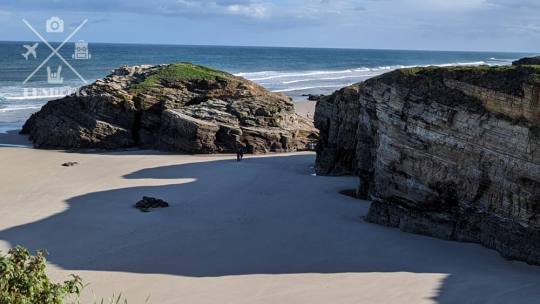
View On WordPress
0 notes
Text
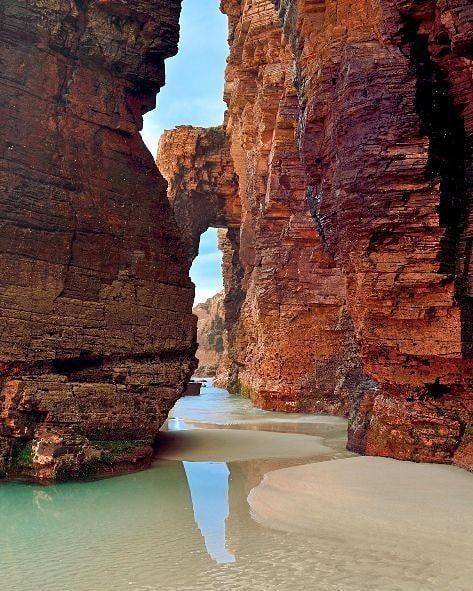
Playa de Las Catedrales
Lugo - España
#art#artists on tumblr#photography#nature#travel#landscape#culture#drawing#illustration#inspiration#motivation#aesthetic#scenery#beauty
267 notes
·
View notes
Text
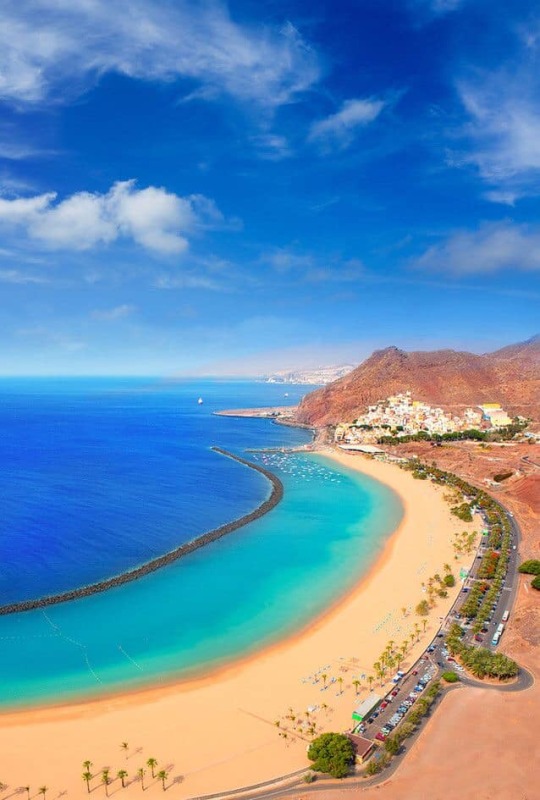
Playa de Las Teresitas. Tenerife. Islas Canarias. España.
#playa#beach#tenerife#canary islands#islascanarias#españa#spain#beautiful#beauty#nature#love#naturaleza#la vida es bella#summer#teneriffa#landscape#paisaje#landschaft
123 notes
·
View notes
Text




De acuerdo a National Geographic, por primera vez, se filmó un pez de aguas profundas a plena luz del día y cerca de la superficie.
El hallazgo ocurrió en la costa de Tenerife, España, y se trata de un pez diablo negro adulto vivo, una especie que normalmente habita a más de 1,000 metros de profundidad.
Este inusual avistamiento ha dejado perplejos a los especialistas en vida marina, ya que es el primer registro mundial de esta criatura en aguas superficiales.
Mira el video aquí:
11 notes
·
View notes
Text
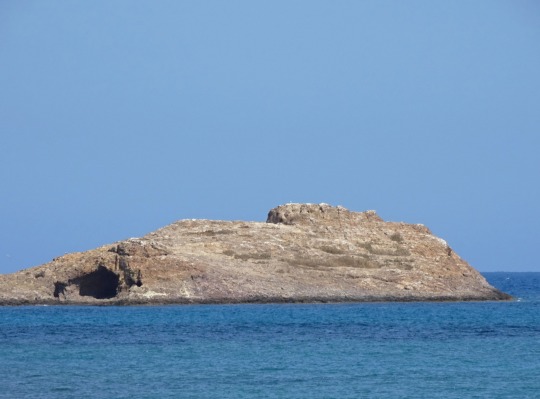
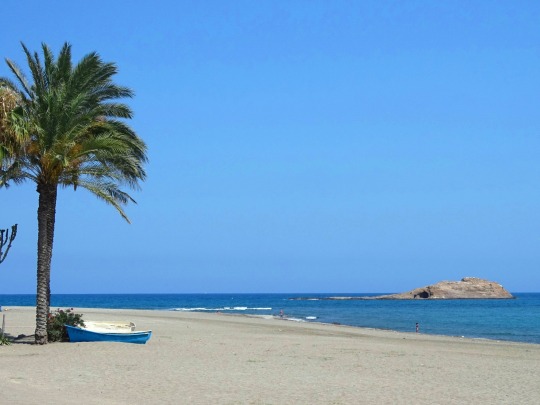
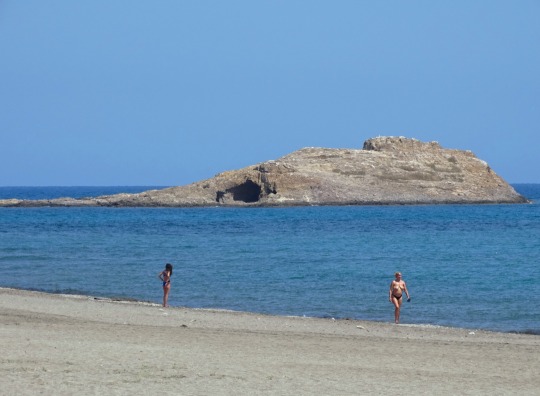
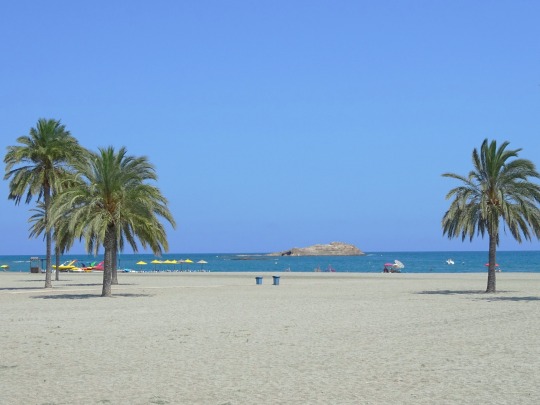
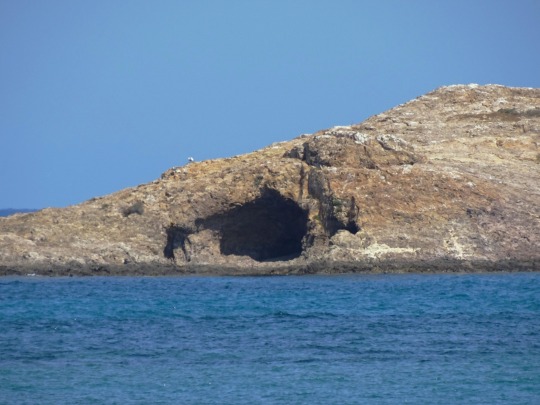
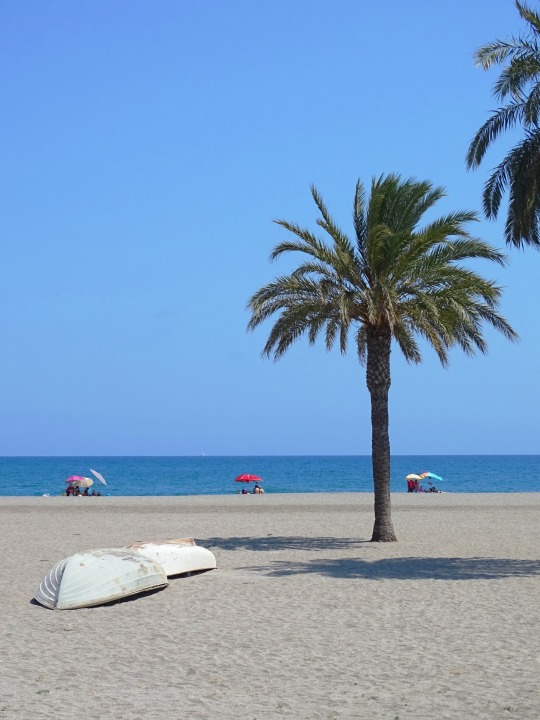
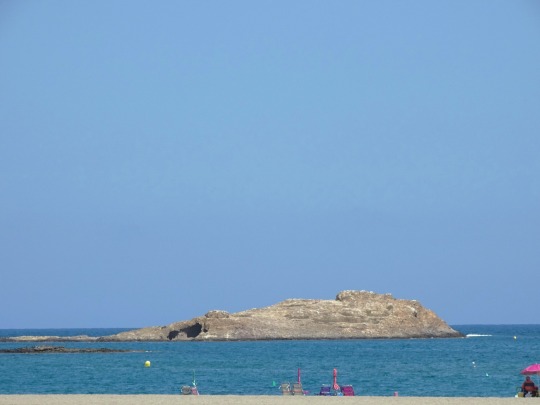
The island of San Andrés was declared a natural monument by the Junta de Andalucía on October 1, 2003.
#island of San Andrés#Carboneras#natural monument#1 October 2003#travel#Almería province#Andalucía#Andalusia#Spain#España#summer 2021#vacation#Mediterranean Sea#nature reserve#beach#palm tree#Southern Spain#Southern Europe#anniversary#Spanish history#boat#Playa de Los Cocones#Playa de los Barquicos O de los Cocones#original photography#tourist attraction
2 notes
·
View notes
Text
recap
cada año trato de viajar lo más que puedo, para desconectar, encontrar paz y encontrarme, este mi segundo viaje en lo que va del año, un viaje que me aclararía dudas, preguntas y me daría respuestas..
desde el año pasado, luego de tantos eventos traumáticos, decidí hacer un stop, centrarme en mi, mi salud y mi bienestar emocional, un break que me trajo respuestas, comunicación con personas maravillosas y sobretodo: aprendí a estar sola, por primera vez en mi vida.
entendí que no hay mejor rescate que el que yo me puedo dar, no hay mejor palabras de las que yo me puedo decir y no hay mayor amor que alguien me pueda dar, del que yo me doy a mi.
estuve en una cuarentena emocional, física y social, cuarentena y detox que comenzó extraño pero terminó tomando forma..
conocí a una persona espectacular el año pasado que nunca había tomado en cuenta por mi falta de amor propio -pasado- , una persona digna y merecedora de un texto propio, que voy elaborando, una persona que vino a abrazar mi vida, conociendo mis heridas, conociendo mi antigua yo y esta nueva, mi mejor versión y que a esta la premia constantemente, porque sabe cuanto me costó crearla.
este viaje, fue mi idea y se terminó llevando a la realidad, gracias a él, esa personita que no me permite que mis sueños, metas/deseos se queden solo en eso, él los materializa y no puedo estar más agradecida con eso..
volviendo al viaje, fui a: tarifa, marbella y málaga.
antes de volver a llamar alguien amor, darle mi tiempo y atención, darle esta gran nueva versión, como la mejor novia, atenta, comedida, cariñosa, empática, paciente, independiente, amorosa, antes de eso, necesitaba señales, respuestas y sobretodo: soltar físicamente mi pasado, en cartas, letras.
tarifa-españa: los días de reflexión, sola en el mar, escribí como nunca y pude darle al mar, lo que un día me ofreció..compasión. hice cartas a las personas que juré soltar algún día, se las entregué al mar, se las entregué sabiendo que nadie más que el mar y yo necesitamos leer eso, el gran peso que me quité de encima, fue maravilloso. a mi lado paulina, polaca de raíz, sin hablar español, me obligó a seguir perfeccionando mi inglés y así, me di cuenta que, realmente existe una nueva yo, luego de ese ritual mágico-religioso, tarifa me dejó soltar, me puso retos y yo los pasé, como quien regresa a su país y conoce las calles, porque sí, ya estuve aquí.
marbella: días maravillosos, toda una experiencia lujosa y familiar, ya tenía mi decisión, ya sabía que todo lo que tengo ahora, me lo gané, porque tomé decisiones y solté, es simplemente un regalo del universo que por primera vez, estoy valorando. me encontré en busqueda de mi humildad, esa que no recuerdo tener desde nunca, esa que me ayudaría en la vida a partir de ahora y me volvería la madre que quiero para mis futuros hijos.
málaga: se a vuelto mi lugar feliz, mis amigas y mucha nostalgia, comida rica y playita, ya conversando de mis decisiones, las personas que me quieren, me apoyan, lo dijeron conmigo: “gracias universo, gracias, por fin” pensaba todo el tiempo en, “¿y si él hubiese venido, como él quería?” “también está de vacaciones” seguidamente de un no! estoy bien así, necesitaba este tiempo a solas y con amigas. escuchar todo el álbum de “un verano sin ti” con mis amigas, como en el dos mil veintidós, pero ahora, frente al mar..fue tan sanador..
y así entre mar, sol, playa..cartas, poemas, escritos, bailes, decidí que si..me merezco esto que estoy viviendo, porque el dolor se fue de vacaciones y realmente, espero que nunca vuelva, porque estuvo habitando en mi por muchos años y me cansé.
ahora volver a la rutina, no me pesa tanto, sabiendo que tengo a un ser maravilloso a mi lado, amigas que me aman incondicionalmente y un futuro/sueños que se están construyendo rápidamente, porque la obra estaba mal dirigida y ahora, tomó el rumbo correcto y por ahora..luego de tanto, estoy bien. ❤️🩹



#madrid#poesía#poeta#relatos#frases#amor#viajera#viaje#un viaje a la vida#viajes#españa#salud mental#playa#escrito#poema#juntos#rutina#positive mental attitude#frases positivas
32 notes
·
View notes
Text

#photooftheday#nature#beautiful#spain#photo#españa#picoftheday#art#photographer#photography#fotografía#fotografie#foto#fotoshoot#playa#atardecer#cielo#colores de otoño#colores#picoftoday#photograph#photos#landscape photography#original photographers#photographers on tumblr#travel photography#my photos#pics#pictures#picture
1 note
·
View note
